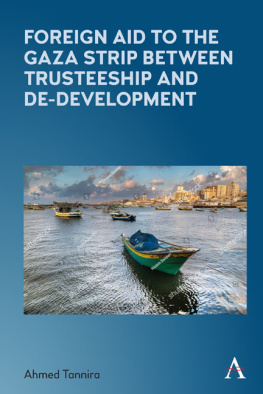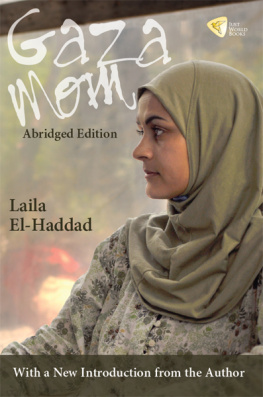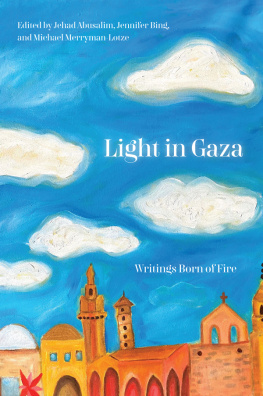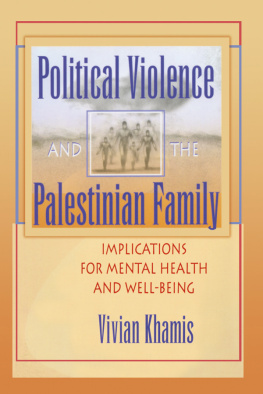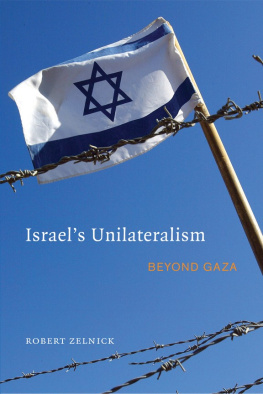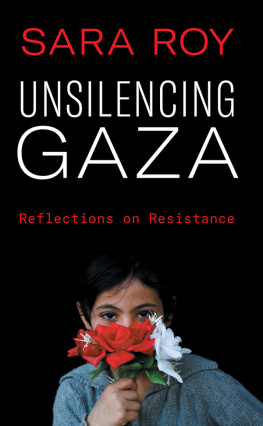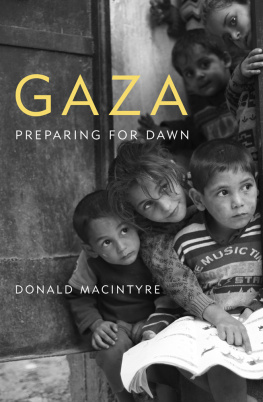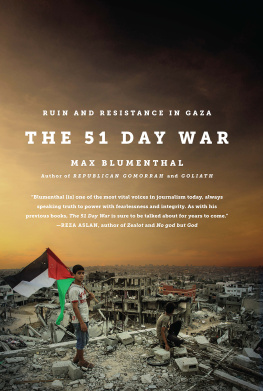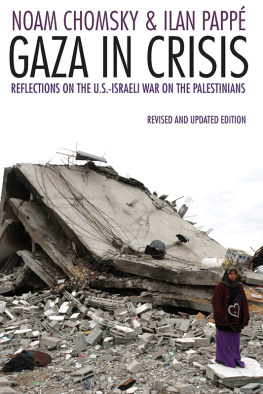Anthem Press
An imprint of Wimbledon Publishing Company
www.anthempress.com
This edition first published in UK and USA 2021
by ANTHEM PRESS
7576 Blackfriars Road, London SE1 8HA, UK
or PO Box 9779, London SW19 7ZG, UK
and
244 Madison Ave #116, New York, NY 10016, USA
Copyright Ahmed H. Tannira 2021
The author asserts the moral right to be identified as the author of this work.
All rights reserved. Without limiting the rights under copyright reserved above,
no part of this publication may be reproduced, stored or introduced into
a retrieval system, or transmitted, in any form or by any means
(electronic, mechanical, photocopying, recording or otherwise),
without the prior written permission of both the copyright
owner and the above publisher of this book.
British Library Cataloguing-in-Publication Data
A catalogue record for this book is available from the British Library.
Library of Congress Control Number: 2020950327
ISBN-13: 978-1-78527-570-8 (Hbk)
ISBN-10: 1-78527-570-4 (Hbk)
This title is also available as an e-book.
When foreign aid to Palestinians is analysed from a neo-colonial perspective, it may not be failing at all. With an increasingly subdued Palestinian population in the WB: 5)
Foreign aid is acknowledged as a tool to assist progress in developing countries, yet in the Palestinian case, instead of enhancing the standard and quality of life, promoting democracy and political reform, and assisting Palestinians to build their state institutions, foreign aid is argued by some to have aggravated these aspects (le More, ). Discussions in this book will investigate whether and how the political promotion of certain areas has created social-economic and political imbalances within society in Gaza. It also examines how these imbalances might hinder the opportunity for marginalised groups from advancing economically and, in many cases, how these groups might deteriorate.
As is the case in other communities, social division has always existed among Palestinians. Yet, in the context of Palestine, and Gaza in particular, these social divisions have been heavily influenced by several political events starting from the Nakbeh) in dealing with different sectors of Palestinians. In this context, this book will investigate the nature of this duality. It will suggest that inclusion and exclusion can exist in the use of a developmental aid agenda that focuses on higher status and income groups and a humanitarian agenda for lower income groups and marginalised areas. Accordingly, we will investigate whether this duality has promoted certain groups at the expense of others and has thus furthered and facilitated social fragmentation.
The book will investigate the extent to which aid to Palestinians has been influenced by the political context within which aid is delivered. While looking at the extent to which donors aid policies have been influenced by the Israeli-Palestinian conflict, especially in relation to conditions tied to aid, the book will try to unpick how concepts of need and eligibility have been redefined in accordance with the securitisation and politicisation of aid. The securitisation and politicisation are seen in the complex vetting procedures that aid agencies use to determine the pool of their aid beneficiaries (Zanotti, : 28) suggests, is affected through an entire series of interventions and regulatory control and how this governmentality entails a power of discourse that mobilises subjects and makes them act accordingly.
Through examining foreign aid within the framework of development, this book aims to enquire whether aid in the context of Palestine has established : 8) calls surplus population whose skills, status and overall existence are in excess of prevailing condition and requirement. Duffield argues that this type of trusteeship is also a dual power. Not only does it work to include or exclude but it is also a form of power that aims to change behaviour and social organization according to a curriculum decided elsewhere (ibid.: 7). To this end, the book attempts to study the role of aid agencies and donors in the distribution and redistribution of power within society in Gaza.
The 1991 Oslo talks acknowledged that large-scale international aid would be required to facilitate the peace process between Palestinians and Israelis (Lasensky, ). First, economic development was suggested so as to generate tangible benefits (i.e. rising incomes and improved services). Second, external aid could act as a reward for political actors (i.e. Israel and the PA), altering their incentive structure and increasing the attractiveness of cooperative behaviour. Alternatively, withholding aid can be used to punish parties that abstain from cooperation. Third, external resources can influence local pro-peace actors (i.e. to redirect them to strengthen their political positions through local patronage politics, including NGOs and civil society organizations (CSOs)) (ibid.: 12930).

